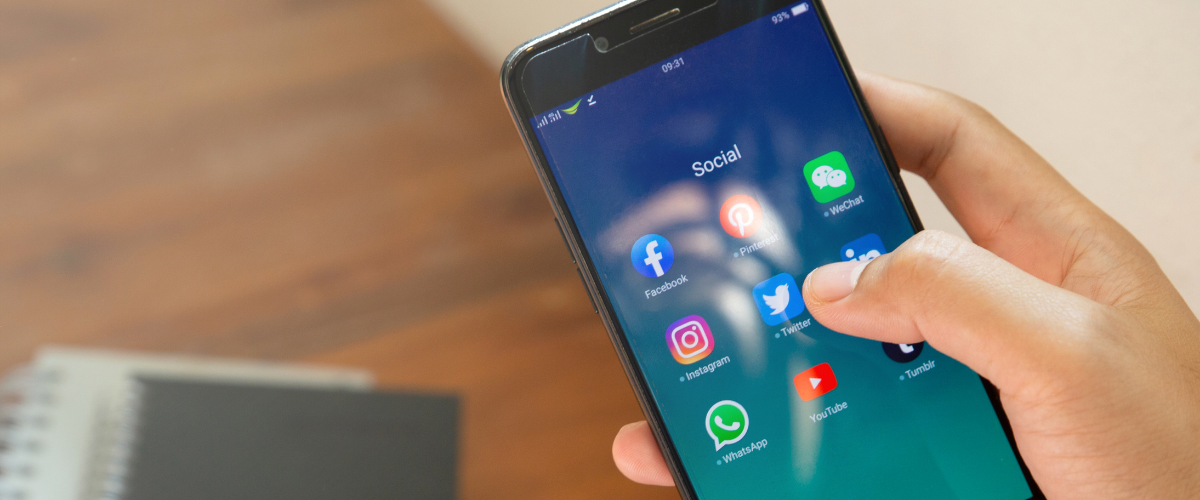For someone who believes that Donald Trump’s actions, especially recent ones, have threatened the core of our democracy, it’s difficult to admit that the Twitter ban against him strikes a nerve with me. Getting right to the point: in the summer of 2018, Instagram shut down PharmacyChecker’s account. PharmacyChecker, which I co-founded in 2002, is a small, independently-funded online pharmacy verification and drug price comparison website. One of its claims to fame is providing information for consumers that can help them safely obtain lower-cost prescription drugs from other countries. PharmacyChecker helps people avoid rogue pharmacy websites and save money. So why did Instagram shut it down?
Germane to the matter is the fact that under most circumstances federal law prohibits the importation of prescription drugs for personal use. However, federal law makes many allowances to permit it anyway, despite the prohibitions. Tens of millions of Americans have imported medicines for personal use and none have been prosecuted for doing so. PharmacyChecker does not import, sell, distribute, process orders for medication in any way. It provides information. That information may be controversial but it’s not illegal. Nonetheless, it poses a threat to the pharmaceutical industry, which needs Americans to pay the highest prices on drugs to maintain their incredible profit margins. You see where this goes.
As I wrote two years ago about this…
“The pharmaceutical industry, generally, does not like our company [PharmacyChecker]. As an extension of that feeling, the FDA doesn’t love us either. Basically, we are in Big Pharma’s crosshairs because the information we provide helps people find more affordable medicines from other countries and import them for personal use.
But is that a reason for Instagram to shut down our account!? That action is nothing less than corporate-inspired, government-encouraged censorship.”
Consequently, PharmacyChecker later filed a lawsuit against several organizations and companies funded by or allied with large pharmaceutical companies through trade associations or non-profit organizations. It alleges that such groups have illegally colluded to suppress PharmacyChecker’s information by corralling large Internet companies to do their bidding.
As I write this, if you go to the search engine Bing and search for PharmacyChecker, you’ll find a pop-up warning next to organic search results, which blocks the link to PharmacyChecker.com. Why? PharmacyChecker is on a list of “Not Recommended Sites” published by the National Association of Boards of Pharmacy through a program it runs that was funded with a grant from Pfizer.
These pharmaceutical industry actions are extralegal against PharmacyChecker and flout norms of due process. This is a similar argument that Trump is making against Twitter.
Twitter’s position is that the information published by Trump violates its Glorification of Violence Policy. Twitter states: “We have permanently suspended the account due to the risk of further incitement of violence.” I’m sympathetic to that position. However, Twitter is a private company, which has the power to substantially curtail the ability of the U.S. president to communicate, and that scares me. Let’s flip this…
In 2018, Twitter suspended the accounts of 80 left-leaning activists from the Occupy Movement with a social network of 5 million people, according to Wired Magazine. Twitter did not give a reason.
Instagram has the ability to shut down accounts of businesses and people without giving them a reason or with any viable due process opportunity. Bing can post warnings against websites because its commercial interests may be intertwined with doing so, even if it’s wrong. Google can delist websites from its search engine with no accountability. Etc. Don’t even get me started on Facebook (which of course owns Instagram).
I’m not saying we should allow any content on the Internet. Not at all. Child porn; terrorist networks; and drug dealer websites are all quintessential examples. Should Twitter allow the leader of a country to lie to tens of millions of people in a manner that leads them to anger and violence? I don’t think so. But there needs to be standards and accountability; without them, such actions to protect our democracy will surely undermine it.




Fairness doctrine. Truthful, fact-based media content. It used to be the law until roger ailes decided he would get richer promoting misinformation. And here we are
The qusetion is how to apply the fariness doctrine to online media content on major platforms like Twitter. But misinformation seems to sell better, as you point out: the Late Ailes understood that and sadly acted on it so effectively.